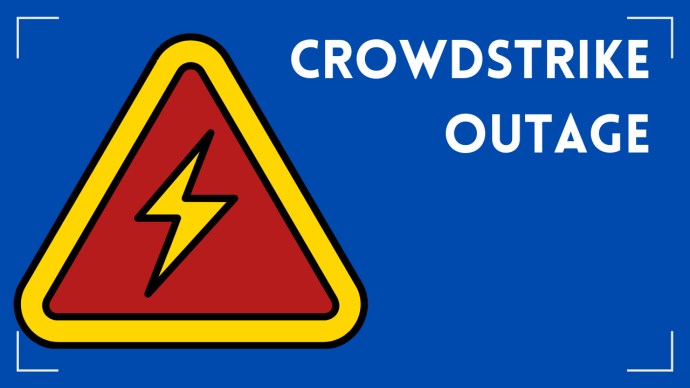Upgrading to Microsoft’s new Windows 8 operating system is probably not an absolute necessity for those already using Windows 7. For those who decide they want to upgrade as soon as Windows 8 is offered in wide release, they should know that some Windows 7 machines may make using the new operating system challenging.
Tim Greene in his article for Network World pointed out that using the apps and touchscreen capabilities embedded in Windows 8 won’t work the same on Widows 7 machines as they would on tablets or laptops that have Windows 8 installed at the factory level.
For example, with Windows 8, a computer screen will have a navigation tool in each corner. What Greene discovered in his research was that even in touch-enabled Windows 7 computers, using the app tiles could be difficult.
Although upgrading to the new Windows 8 operating system seems like a fun and exciting prospect for those who can afford it, for those who can’t, it’s probably a good idea to put off upgrading until it’s absolutely necessary.
From a business standpoint, executives must ask themselves if they need to upgrade their companies’ systems to Windows 8 in order to ensure the success of their businesses. If the answer to that question is no, then it might be a good idea for them to save their money and save their employees the time it would take to learn how to use the new operating system.
Managed IT services providers like ours can take advantage of this opportunity to develop seminars and webinars around the kinds of challenges that people who have Windows 7 machines will face when they upgrade them to Windows 8.
It’s important for everyone, particularly business professionals, to understand that newer isn’t necessarily better.
Are you looking for a trustworthy Microsoft Partner to help with all your Windows needs? Give us a call today and we can help you.



